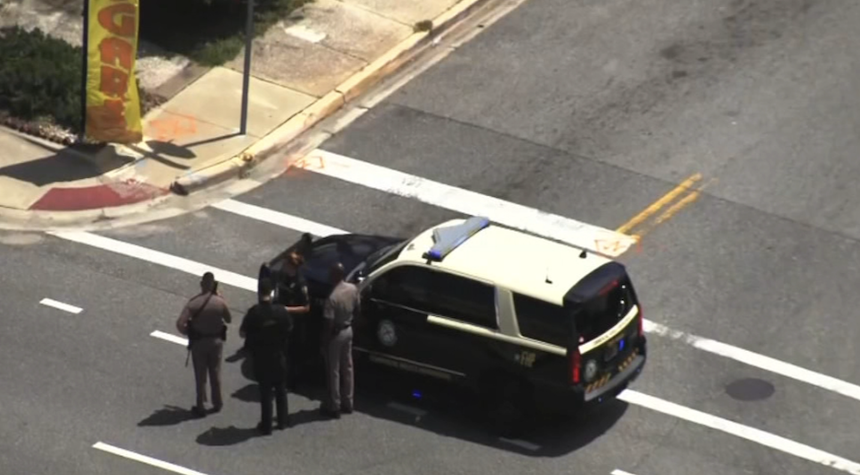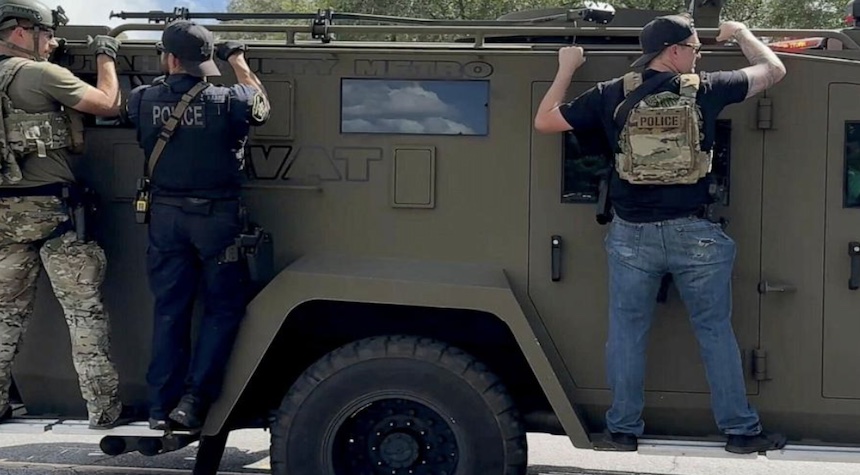In the days following the tragic shooting death of Charlie Kirk, a disturbing trend has emerged on college campuses across the United States. A wave of hoax calls, colloquially known as swatting, reporting non-existent shootings and other emergencies, has resulted in panic and widespread disruption.
The calls have been especially prevalent at historically Black colleges and universities, with at least a dozen schools affected. Institutions such as Virginia State University and Southern University in Louisiana have had their activities disrupted, with the latter even cancelling classes. The calls not only drain law enforcement resources but also lead to the deployment of heavily armed officers on campuses, a situation fraught with risk and anxiety.
You May Also Like: Trump Pledges Millions to Help Families Rebuild After Devastating Storms
This rise in swatting incidents underscores the tension between the necessity of responding to potential threats and the potential for these false alarms to endanger lives and waste critical resources. In fact, just this week, a midshipman at the U.S. Naval Academy was injured during a swatting response, further highlighting the dangers of these hoaxes.

Experts, such as John Cohen, ABC News contributor and former acting undersecretary at the Department of Homeland Security, stress that these hoaxes are serious crimes with significant penalties. Furthermore, they put not only law enforcement but also innocent bystanders at grave risk. The motives behind these swatting calls can vary, ranging from a simple prank to revenge or even a pursuit of notoriety. But regardless of motive, severe penalties, including substantial fines and imprisonment, await those responsible for these dangerous hoaxes.
The FBI, in a statement last month, acknowledged the increase in swatting events across the country. The agency is collaborating with law enforcement partners to address the issue. They emphasize that these hoaxes not only drain law enforcement resources but also put innocent lives at risk. It’s a situation that calls for vigilance, responsibility, and an understanding of the consequences of such reckless actions.
As we look to the future, it is clear that the epidemic of swatting needs to be addressed promptly and robustly, both through law enforcement action and education. The stakes are high, with the safety of our college campuses and the integrity of our emergency response systems in the balance.


